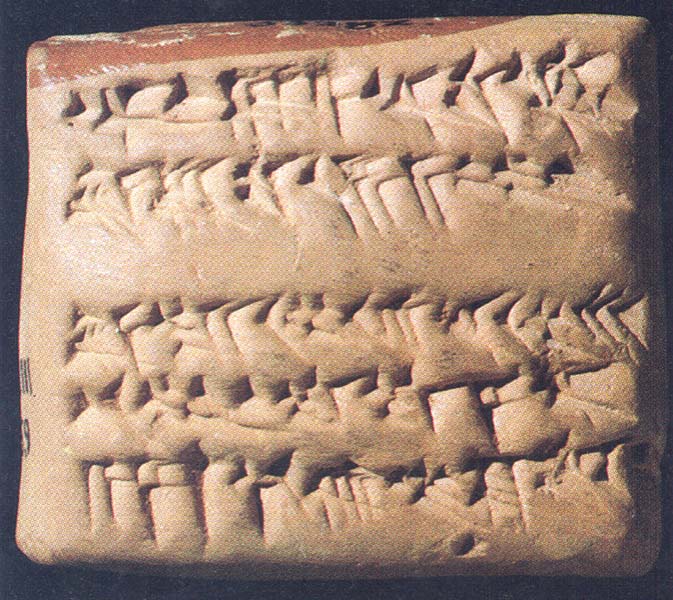Origins: The Horoscope Casters
The ancient Mesopotamians were the first to ask, “What’s your sign?”

For the Greeks and Romans of the first century B.C., the term “Chaldean” had two meanings: It was the name of the inhabitants of Chaldea, a district of southern Babylonia, and it was the title given to professional diviners who used the heavens to predict the future. This second group got its name from the popular belief that horoscope casting was invented in ancient Mesopotamia.
Although traditions of divination often appeal to ancient authorities for credibility, the Chaldean origins of astrology are no fiction. Since the 1880s about 30 ancient Babylonian cuneiform tablets containing horoscopes have surfaced. The majority of these texts were first made accessible for study in Francesca Rochberg’s excellent 1998 volume, Babylonian Horoscopes. Thanks to this publication, we now know that the horoscope was one of the last and—for better or worse—one of the most enduring contributions of ancient Mesopotamia to human culture.
The origins of Babylonian astrology can be traced back to the Old Babylonian period (early second millennium B.C.), when royal diviners began interpreting the significance of celestial omens, such as eclipses. But after the Persians conquered Mesopotamia in the mid-first millenium B.C., Babylonian astrologers started using the heavens to predict ordinary people’s fates.
Already a library member? Log in here.
Institution user? Log in with your IP address.

